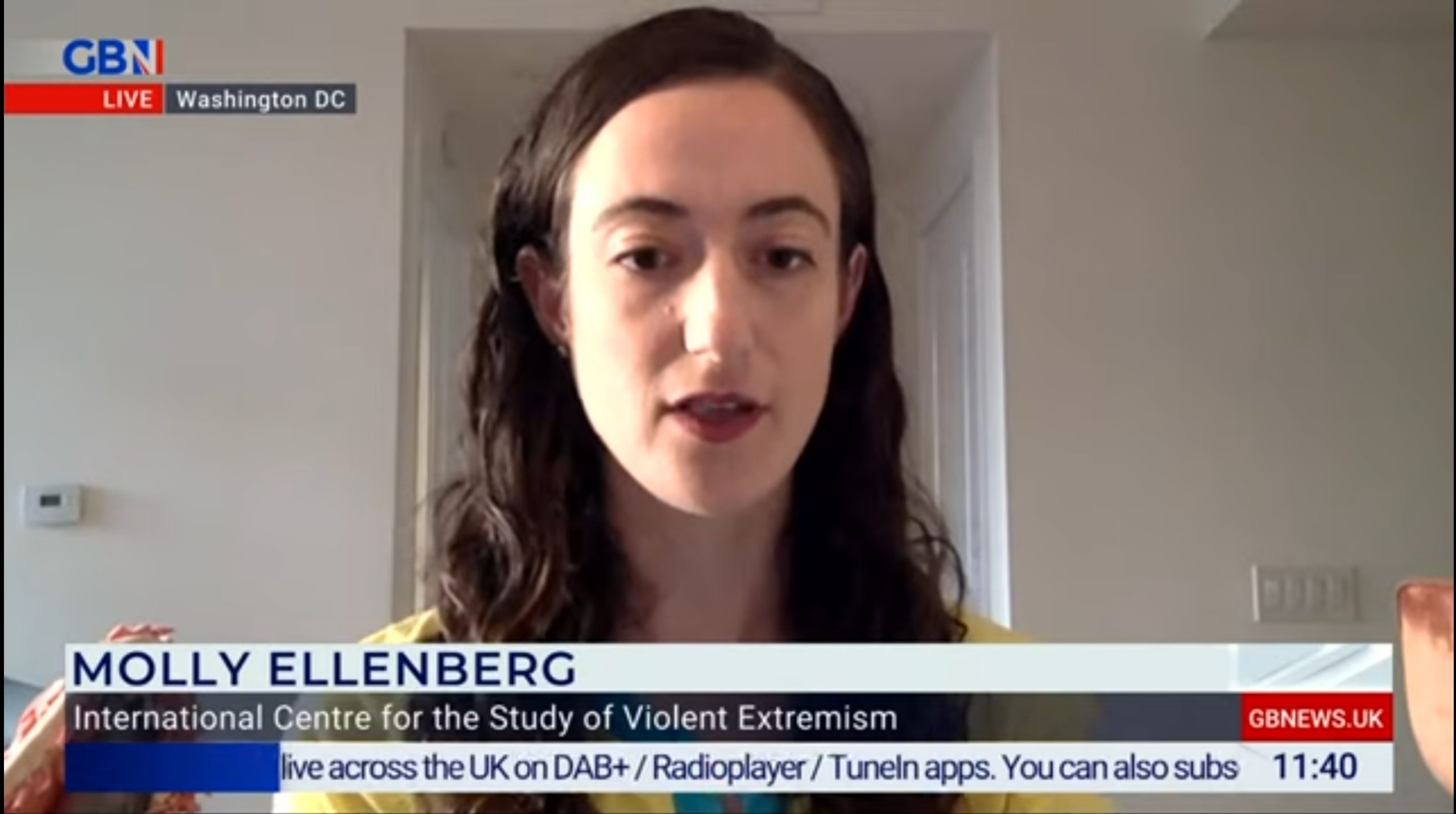
Rage, pain and grief: Can former hostages return to normal?
Anne Speckhard interviewed by The Ottawa Citizen
Psychologist Anne Speckhard is an expert on PTSD, an adjunct associate professor of psychiatry at the Georgetown University School of Medicine in Washington, D.C., and the director of the International Center for the Study of Violent Extremism. This newspaper spoke to her about abductees, PTSD and getting back to normal after trauma.
Q: Do people with PTSD need psychological support?
A: Anyone with PTSD needs psychological support. Symptoms of PTSD can include re-experiencing the trauma, trying to shut it down, avoidance, staying away from triggers, feeling agitated, upset or angry. When we’re talking about Joshua Boyle coming home and saying his wife was raped and had an abortion forced on her, that’s pretty harrowing. If someone has experienced that sort of trauma, it could be good to be in regular supportive therapy to deal with anger, loss, grief and guilt. I worked with someone who was in a terrorist attack. He said: ‘There are bodies all around and I did nothing. I feel like a horrible person.’ Of course he was not a horrible person.
You go through a cycle of remembering. It’s very visceral. It feels like it’s actually happening. And you try to shut it down. It’s hard if you’re confused about reality to work though an overwhelming series of events.
Q: The Boyles, for instance, were in captivity for five years. Does the length of the ordeal make a difference?
A: No. Really, the most important thing is the intensity of what happened and the sensitivity of the person. The longer the captivity, the more likely there was trauma that was completely overwhelming. Trauma is in the eyes of the beholder.
Q: There are also stresses for the families back home, right?
A: Longer captivities involve stressors and adaptations on both sides of the equation with time needed both by the hostages and their families to readjust. The hostage may return home traumatized while family members have also suffered anxiety, grief, and having to cope without the hostage. They may harbor feelings of anger over risky decisions made by the hostage.
Q: We’ve all heard of Stockholm Syndrome. Does it always develop after a long time in captivity?
A: The person who holds your life in their hands can also be the person who comforts you. You’re terrified, but you need to make an attachment. When we’re under stress, we activate our attachment behaviours. But since the Boyles had each other, they probably didn’t bond with their captors.
Q: The family was kept together in their captivity. How might this affect someone?
A: Being busy and nurturing children may have helped. When you have PTSD, you’re running on cortisol (the hormone released in response to stress). When you’re nurturing, you’re running on oxytocin (the hormone that regulates social interaction and sexual reproduction). Oxytocin can bring cortisol down. It’s horrific to see your children suffer. But having each other to comfort and nurture is tremendously healing. They had a blessing or sorts.
Q: What about the children? They have lived their entire lives in captivity.
A: Little children are amazingly resilient. I’m much more worried about the parents.
Q: Who are the most resilient victims of trauma you have seen in your work?
A: Holocaust survivors. It was because they saw others in their community who went through the same thing. They treasured those who survived. Rebuilding kept them busy. But if you scratched the surface, you would still find severe trauma. People felt guilty. They felt that they should have fought back.
(This interview has been edited for brevity and clarity)



